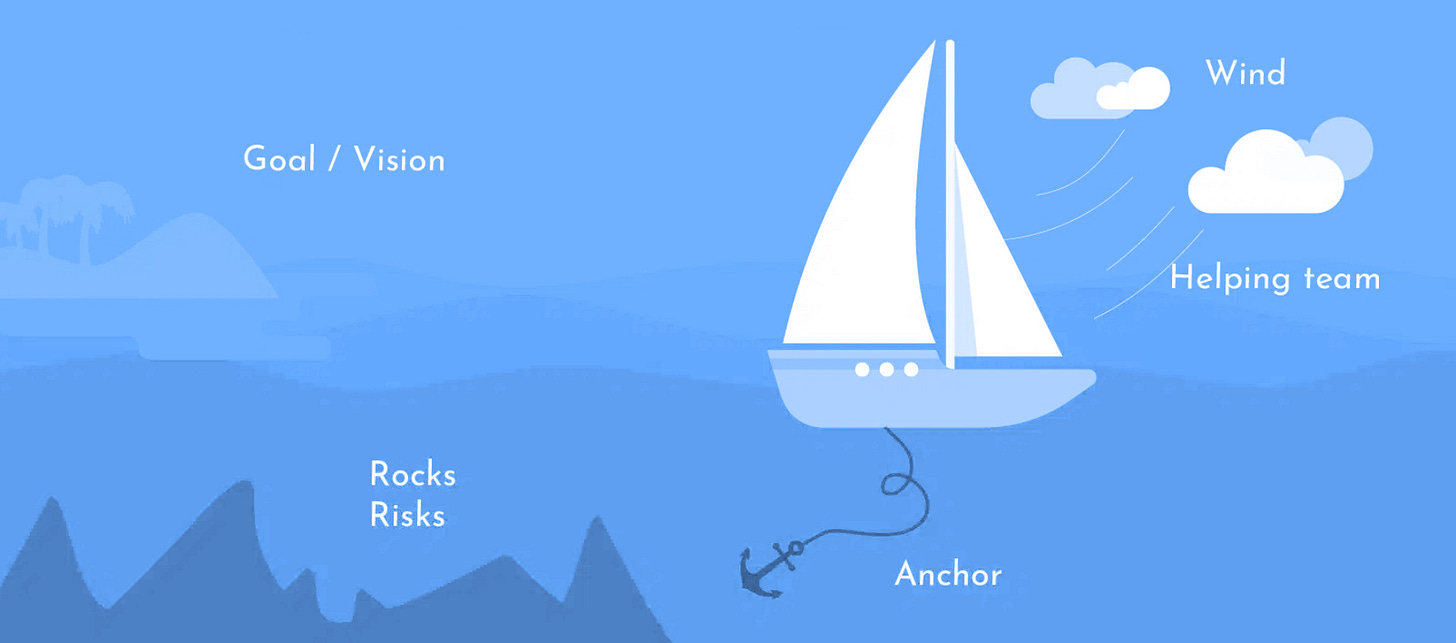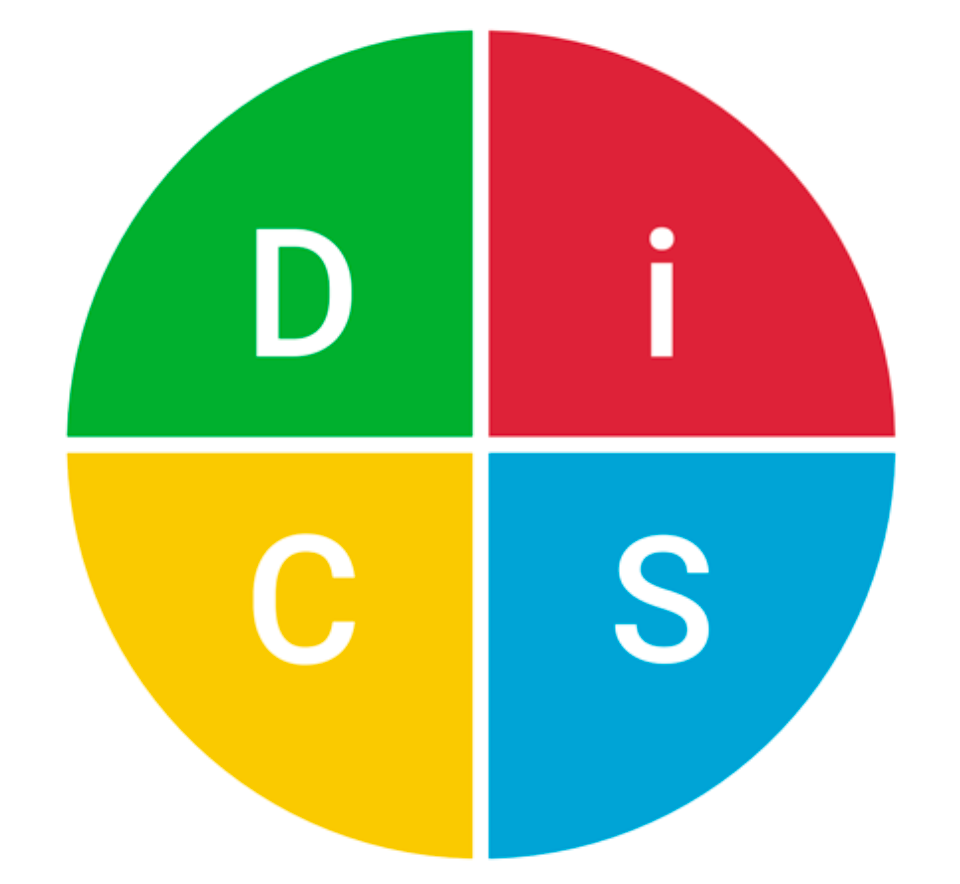Fixed mindset vs Growth mindset?
An introduction to 6 techniques to develop your skills and take control.
"Self-development is not for me!”
"I don't like self-development exercises."
How many times have I heard these sentences before.
People don't like self-development.
Or let me rephrase that:
People don't always understand what it is and the value of it.
So let me ask you this:
Wouldn't it be more comfortable to feel in control of your career while improving your well-being?
One common misconception in self-development is that you either have the mind for it or you don't. But that doesn't really make sense. It's like saying "I don't want to get better to what I do, I don't want to learn new transferrable skills, I don't need new skills for this new job". When you put it like that, no one will ever say that out loud.
It comes down to having a fixed mindset versus a growth mindset. As explained by Catherine Cote from Harvard:
"Someone with a growth mindset views intelligence, abilities and talents as learnable and capable improvement throught effort. On the other hand, someone with a fixed mindset views those same traits as inherently stable and unchangeable over time."
Do you believe that:
A CEO can build a successful company without basic finance skills?
Your current skills will help you achieve your long term career goals?
You should solely focus on achieving your short-term sales quotas?
You can handle unforeseen new challenges with your current skills?
If you answered these questions by yes, you might currently have a fixed mindset.
You are under-evaluating your cost of inaction, under-evaluating the outcomes that might result from developing yourself on the long run.
There will be many unforeseen challenges.
There are many other talented sales leaders like you out here.
But, how many put up the effort and methodology to gain new skills?
Are you one of them?
According to Carol Dweck, professor at Standford:
"Challenging situations can be catastrophic for those with fixed mindsets because of the implication that if they don't already have the skills or intelligence to complete a task, there's no chance of improvement."
Self-development shouldn't be a pain or seen as highly complex.
There are simple exercises you can start with to put things into motion.
Let’s unwrap some of them today.
1/6 The Sailboat Retrospective: to have a first understanding of your journey
The sailboat retrospective is a technique helping individuals or teams, by representing the journey required to achieve a goal.
The island: this is your destination, your goal (S.M.A.R.T.). It can be a set of skills, a promotion, a new job, a new industry…
The sailboat: this is you. Imagine yourself on a journey.
The wind: it refers to your current positive factors, mastered skills, past experiences, acquired knowledge that helps you on your journey.
The anchor: everything that is preventing you from reaching your desired outcome and that you can clearly identify. Your anchors can be external or internal factors. It can be related to your mindset, additional knowledge required, soft skills to develop…
The rocks: things that are a bit out of your control. If you are looking for a promotion and the company doesn’t have the budget for it for example. It is important to identify them as you might be able to mitigate those rocks in the future.
2/6 The DISC: to develop self-awareness and interactions with others.
You don't believe in personality tests?
Great, the D.I.S.C. is not about this at all.
A psychologist from Harvard, called William Moulton Martson, created it in 1928.
The DISC is a model that provides a common language for you to understand better how your brain works and how it reacts to others within an organisation or when facing a situation.
It maps out your brain without judgment so that you can improve your teamwork, facilitates conflict handling and productivity, fine-tune your sales skills and manage your interactions with your clients, colleagues and managers better.
The DISC consists of a series of questions that will take 30 to 45 minutes to complete. I don’t want to give away too much information as it might influence your results.
There are different versions but the best seller is called "DISC Workplace" and cost $81 (link here).
3/6 Competency Framework: to get a picture
Assuming that your company built a competency framework for your role, with progressive level of expertises, have you ever fully leveraged it to identify your strengths and areas of development?
There are at least 5 ways to rank yourself:
Self-evaluation: one way to get feedback on your own strengths and weaknesses is through self-evaluation, from 1 to 5.
Performance Reviews: this is an opportunity for you to receive constructive feedback on each elements from your manager.
360-degree feedback: this type of feedback involves soliciting input from multiple sources, such as colleagues and mentors. It can be particularly helpful for identifying areas for improvement.
Professional development: taking part in professional development activities, such as training or coaching.
Ask for feedback: few individuals that you collaborated with and therefore that might be able to adresse specific and relevant competencies.
4/6 Co-development: to get fresh perspectives.
This was covered in a previous newsletter, link below:
5/6 Mentorship: yes, don’t be afraid.
A mentor can be a valuable resource for someone looking to develop weaknesses identified from the D.I.S.C. and competency framework. It will also help you on your journey (Sailboat) and course correct things if needed.
How to find a mentor?
Networking: LinkedIn, tradeshows, webinars…
Professional associations: related to your field
Online communities: on LinkedIn, Slack…
Current manager or people partner: ask them to get additional support from a mentor to develop skills that are outside your current manager expertise.
Reach out to people you admire.
Why on earth a mentor will waste time with you?
Well, mentors often see mentoring as an opportunity to give back to the profession, share their knowledge and experience, and help the next generation of professionals to succeed.
Many mentors find the process of mentoring to be both rewarding and fulfilling. They gain new perspective on their own work, new skills, stay up to date and increase their network.
6/6 Eisenhower matrix: to sort things out.
Once you have a better understanding on your destination and how to get there, your time management will be paramount.
It can feel a bit overwhelming at first.
So one easy way to to get started is to leverage:
Have a great and fulfilling 2023!
















